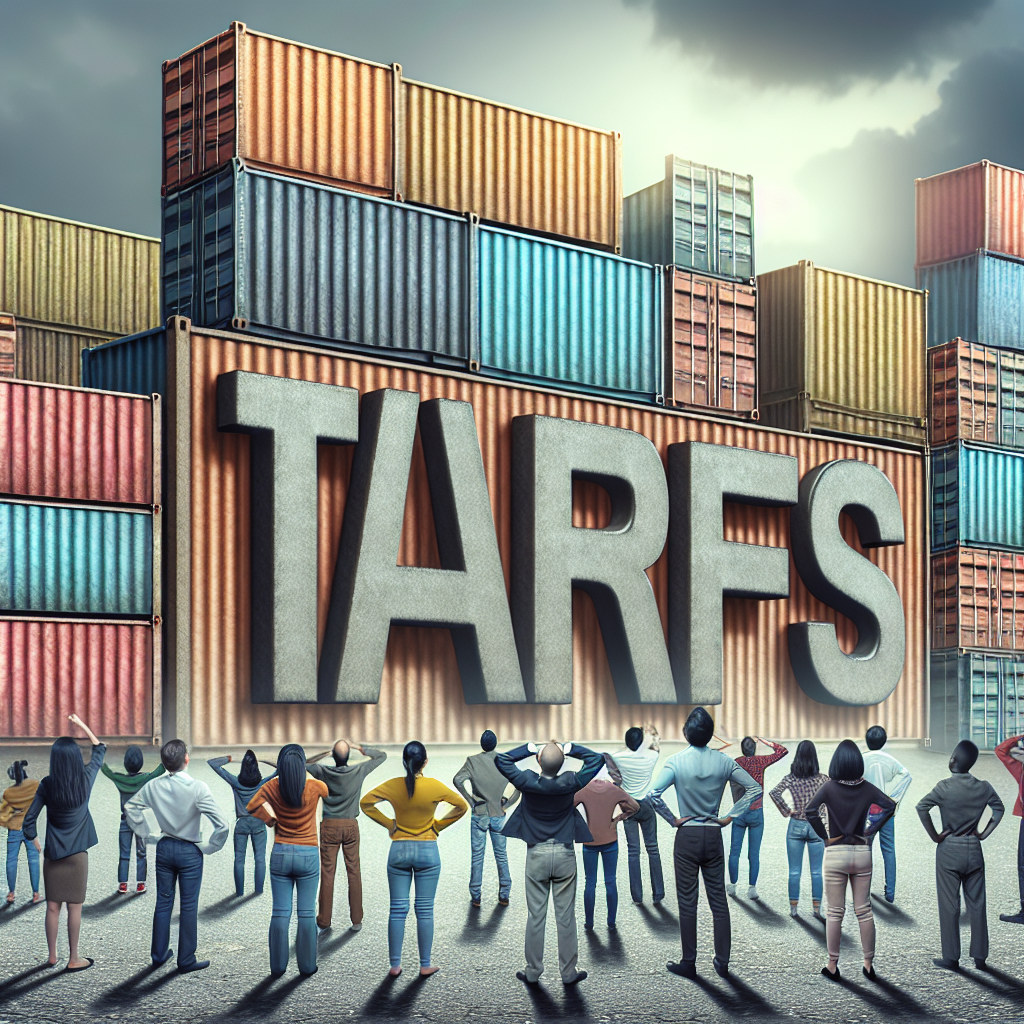Donald Trump’s support of protective tariffs poses significant challenges for proponents of a free market economy. Trump believes that tariffs serve not only as a revenue-generating tool for the government but also as an incentive for companies to relocate production to the United States. He has proposed a blanket 10 percent tariff on all imports and more aggressive tariffs of up to 300 percent on specific goods from countries like Mexico and China. His rationale is rooted in a desire to reduce the national deficit while bringing back jobs to American soil. However, this perspective fundamentally misapprehends the consequences of tariffs on market dynamics, consumer choices, and overall economic health.
Murray Rothbard, a noted economist, argues that tariffs contradict the core principle of a free market—mutually beneficial trade. Using the reductio ad absurdum method, Rothbard illustrates how imposing tariffs can lead to detrimental economic scenarios at both individual and national levels. He invites readers to consider a hypothetical situation between two individuals, Jones and Smith, where tariffs create a reliance on local production of goods, resulting in inefficiency and poverty. Rothbard critiques the notion of self-sufficiency touted by protectionists, highlighting that such policies do not lead to prosperity but instead regress society toward a primitive state of subsistence.
One such misconception that Trump supports is the belief that higher tariffs will compel foreign businesses to establish operations domestically, thereby benefiting American consumers through job creation. Nevertheless, this argument overlooks a critical aspect: the location of firms may not be fundamentally advantageous for consumers, who primarily care about the price and quality of goods. If a product can be produced more cost-effectively overseas, consumers may face higher prices when companies move to comply with tariffs. This notion of job creation, championed by Trump, becomes questionable, especially when no substantial evidence demonstrates that the American workforce is struggling to find employment.
Economic journalist Henry Hazlitt pointedly critiques the illusion of benefits brought about by tariffs by asserting that they often culminate in net losses for the economy. Tariffs increase consumer prices, restrict purchasing power, and lead to less efficient allocation of resources. Consequently, while protected industries may temporarily benefit from higher prices, the overall productivity of labor and capital in the economy declines. The higher costs of domestic goods hinder consumers from purchasing other necessary items, leading to a decrease in real wages across the board. Hazlitt emphasizes that any perceived advantages of tariffs are frequently outweighed by the tangible harms they inflict on the economy.
The implications of tariff enforcement mirror the physical barriers erected in times of conflict, demonstrating protectionist attitudes towards foreign trade. Proponents of tariffs frequently frame their policies within a war-like context, suggesting that foreign products constitute an invasion that must be repelled. This mentality not only reflects misguided economic principles but also fosters a culture of economic isolationism. By erecting these barriers, tariffs limit opportunities for trade and commerce, ultimately stifling the economic viability of the nation in favor of an idealized nationalism.
Ultimately, the opposition to tariffs is founded on the belief that they impede progress and prosperity. Economic principles that advocate for free trade emphasize that competition and open markets yield greater consumer benefits and overall economic growth. By encumbering trade through tariffs, policymakers inadvertently make society poorer, working against the interests of consumers and the economy at large. Rather than advocating for protectionist measures, it is essential for leaders to embrace policies that promote unfettered trade, which in turn fosters innovation, encourages competition, and ultimately enhances the standard of living for all citizens.

